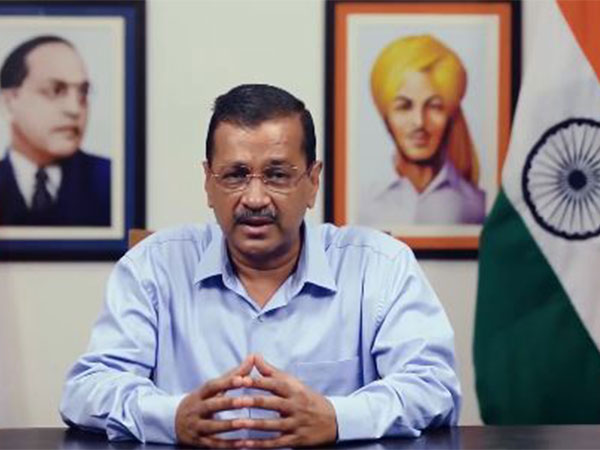
Kejriwal, a key figure in the Aam Aadmi Party (AAP), approached the Delhi High Court to contest the trial court’s decision. His legal team argues that the proceedings should be paused due to the lack of required sanction to prosecute him. The AAP leader's defense claims that the ED’s complaint lacks legal foundation, asserting that the court should not proceed without proper authorization for prosecution.
The controversy surrounding the Delhi liquor policy began when the ED and the Central Bureau of Investigation (CBI) initiated probes into allegations of corruption and malpractices. The policy, which aimed to overhaul the city's liquor retail system, had come under scrutiny after it was claimed that it facilitated kickbacks and corruption, allegedly involving top political figures and businessmen. The investigation led to multiple arrests, including that of former Delhi Deputy Chief Minister Manish Sisodia, a close ally of Kejriwal, further intensifying the legal and political fallout.
The crux of Kejriwal’s current legal challenge lies in the prosecution sanction issue. Indian law mandates that certain public officials cannot be prosecuted without prior sanction from the appropriate authority. Kejriwal’s legal representatives argue that this crucial step was skipped in the ED’s action, thus rendering the prosecution invalid. The legal team maintains that this procedural oversight is grounds for halting the case against him, seeking a stay on the trial court's proceedings.
The Delhi High Court has now been tasked with determining whether Kejriwal's arguments hold merit and whether the trial can continue without the necessary prosecution sanction. The decision will have significant implications, not only for Kejriwal but also for the political landscape in Delhi, where the case has already led to much debate. Kejriwal has consistently denied any wrongdoing, claiming that the charges are politically motivated and part of a broader attempt to discredit him and his party.
The Delhi liquor policy case is one of several high-profile corruption investigations being pursued against AAP leaders, which has made it a focal point of national politics. The ongoing investigations have sparked political drama, with both Kejriwal and his party maintaining that the charges are part of a wider agenda to weaken the AAP. The opposition, particularly members of the Bharatiya Janata Party (BJP), has seized on the case to accuse the AAP of misusing public office for personal gain.
The legal proceedings have thus far been a rollercoaster, with various court rulings and decisions adding fuel to the already volatile situation. The trial court’s acknowledgment of the ED’s complaint marked a significant step in the case, but Kejriwal’s challenge to it now adds another layer to the legal process. The legal scrutiny over whether proper authorization was obtained for the prosecution is likely to influence not only the outcome of the case but also the broader political narrative surrounding it.
Kejriwal's challenge is not the only legal battle he faces. The AAP leader has been embroiled in multiple investigations over the past few years, with accusations ranging from corruption to alleged misuse of office. However, this particular case has garnered the most attention due to its high political stakes, especially given the timing and the fact that it involves several key figures in Delhi’s political establishment.
Kejriwal's legal team is expected to present its arguments in the Delhi High Court soon, with both sides preparing for a potentially long legal battle. If the High Court rules in favor of the AAP leader, it could lead to a major setback for the ED’s case, potentially forcing the agency to rethink its approach. On the other hand, if the High Court decides against Kejriwal, it will allow the trial court proceedings to continue, bringing the case closer to a potential verdict.
